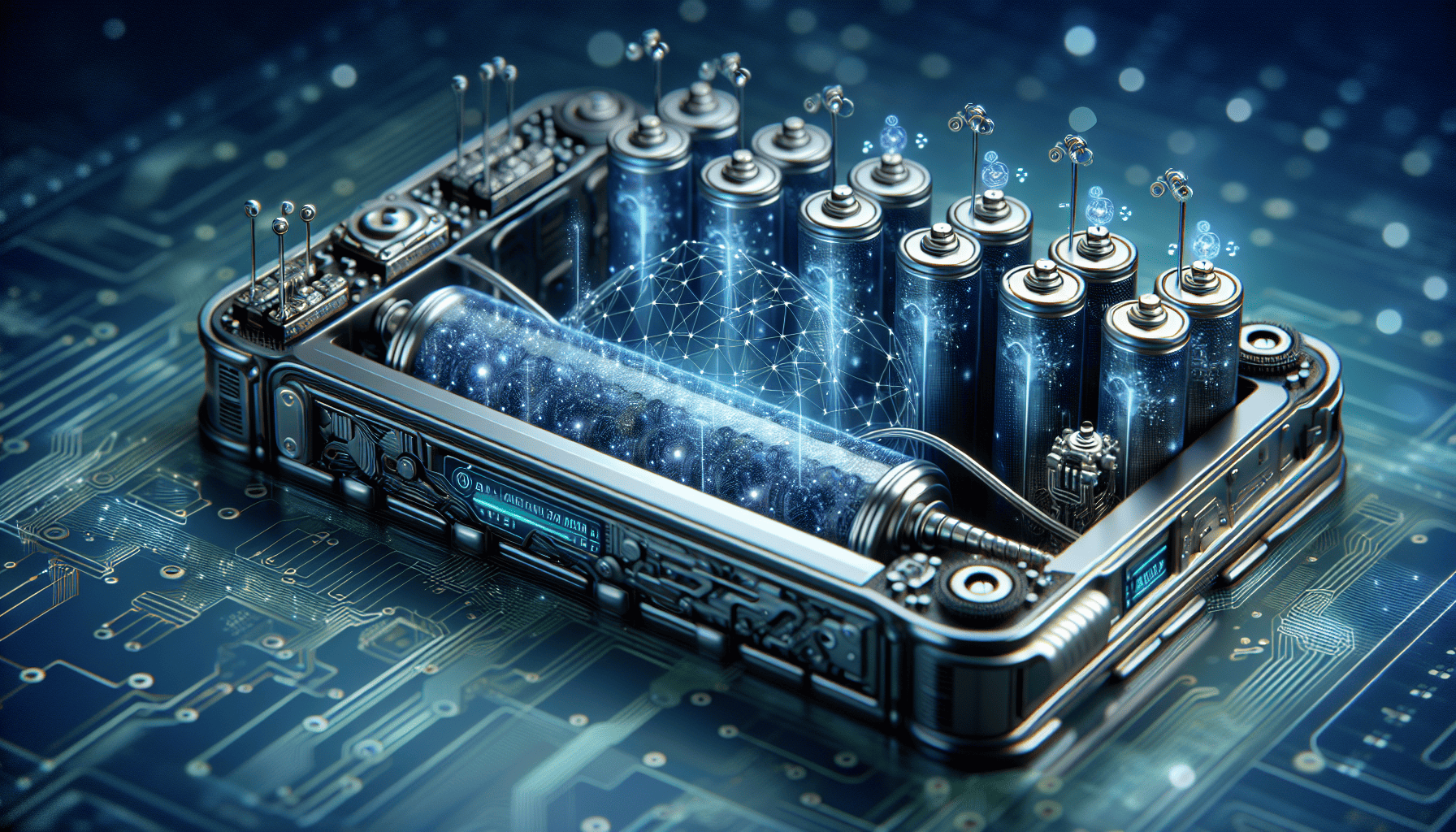The demand for efficient and long-lasting energy storage solutions has never been higher. As the world moves toward renewable energy sources and aims to reduce greenhouse gas emissions, the need for advanced battery technologies becomes essential. Enter nanotechnology, a groundbreaking field that is revolutionizing the world of energy storage.
Nanotechnology involves manipulating matter on an atomic or molecular scale, typically below 100 nanometers. This incredible precision and control allow for the creation of materials with unique properties, which can be leveraged to develop more efficient and durable batteries. From extending battery life to improving energy density and charge times, nanotechnology promises to be a game-changer in the energy sector.
One of the most significant advancements in nanotechnology-related energy storage solutions is the development of nanostructured materials for lithium-ion batteries. Traditional lithium-ion batteries, while efficient, suffer from limitations such as relatively short lifespans, long charging times, and limited energy density. Nanotechnology can address these challenges by using nanostructured materials to enhance electrode performance.
For instance, silicon nanoparticles can be used to replace the traditional graphite anode in lithium-ion batteries. Silicon has a much higher theoretical capacity for lithium ions compared to graphite, which translates to higher energy density. However, silicon tends to expand and contract significantly during charging and discharging, leading to mechanical degradation over time. By using silicon nanoparticles, researchers can mitigate these issues, as the smaller particle size better accommodates the volume changes, leading to more durable batteries with significantly improved lifespans.
In addition to lithium-ion batteries, nanotechnology is also being used to develop next-generation energy storage solutions such as solid-state batteries. Solid-state batteries replace the liquid electrolyte found in conventional batteries with a solid electrolyte, leading to safer and more stable energy storage. Nanotechnology enhances the ionic conductivity of these solid electrolytes, improving the overall performance and efficiency of solid-state batteries. This approach also allows for the use of a metal anode, such as lithium-metal, further boosting energy density.
Beyond lithium-based batteries, nanotechnology is making strides in alternative energy storage systems. For example, supercapacitors, which store energy through electrostatic charge rather than chemical reactions, can benefit immensely from nanomaterials. The incorporation of graphene and other carbon-based nanomaterials into supercapacitors has resulted in devices with high power density and excellent cycle stability. This makes them particularly well-suited for applications requiring rapid charge and discharge cycles, such as power backup systems and electric vehicles.
Furthermore, nanotechnology is playing a pivotal role in improving the manufacturing processes of batteries. It enables the precise control and uniformity of materials at the nanoscale, resulting in better-quality batteries with fewer defects. This not only enhances the performance and reliability of energy storage systems but also reduces production costs, making advanced battery technologies more accessible.
In summary, nanotechnology is revolutionizing energy storage by extending battery life, improving efficiency, and increasing energy density. From enhancing lithium-ion batteries with nanostructured materials to developing cutting-edge solid-state batteries and supercapacitors, the potential applications of nanotechnology in energy storage are vast and transformative. As research and development continue to advance, we can expect ever more innovative energy storage solutions that will play a critical role in the transition to a more sustainable and energy-efficient future.
